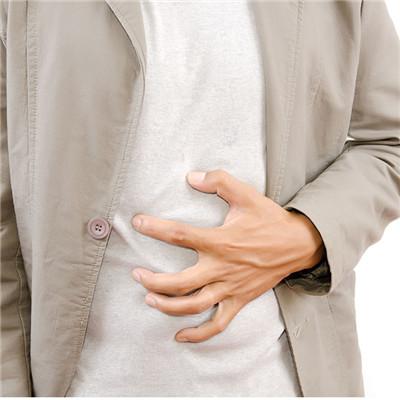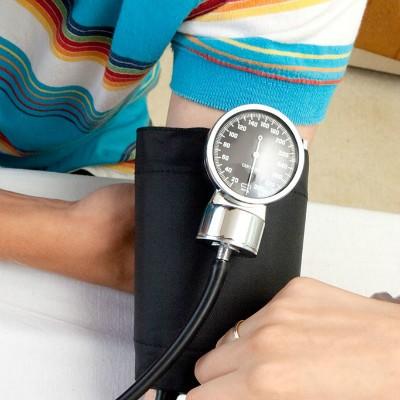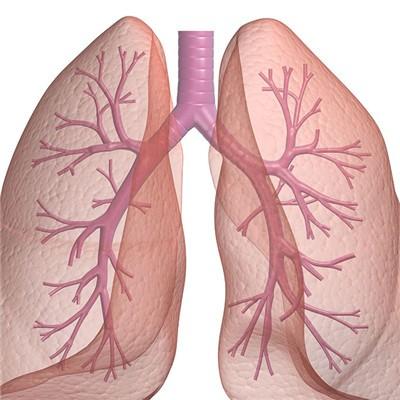What are the symptoms of infantile pneumonia?
summary
Pneumonia is a common disease in infants, including malnutrition, congenital heart disease, low birth weight and immunodeficiency. It is the first cause of death of hospitalized infants in China, which seriously threatens the health of infants. The human respiratory tract is divided into upper and lower respiratory tract by cricoid cartilage. Upper respiratory tract infection, commonly known as "cold", can be manifested as fever, cough, runny nose, sore throat. If the upper respiratory tract infection does not get timely and effective control, the infection spreads to the lower respiratory tract, which can turn into pneumonia. Now let's talk about what are the symptoms of baby pneumonia?
What are the symptoms of infantile pneumonia?
Symptom 1: when the baby is suffering from pneumonia, it will first have cough, asthma and signs of dyspnea. Dyspnea will be manifested as suffocation and purple lips. This period of the baby, the disease has been relatively serious, parents must take the baby to the hospital for diagnosis and treatment as soon as possible.
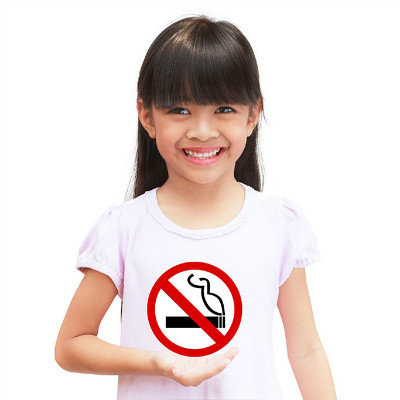
Symptom 2: in addition, the baby's mental state will become very poor, appear particularly irritable, and will always cry or in a sleepy state, but also occasionally accompanied by the phenomenon of wind. Moreover, they don't like playing. Parents must pay attention to this kind of performance as soon as possible.
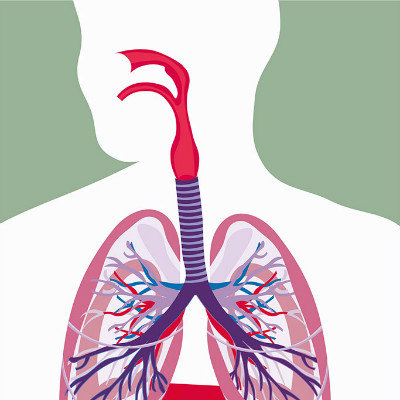
Symptom 3: finally, if the baby continues to have a high body temperature above 38 degrees, and still can't get rid of the fever after using antipyretic drugs, this period also means that the baby is suffering from pneumonia. If there is no timely treatment, it will do great harm to the baby.
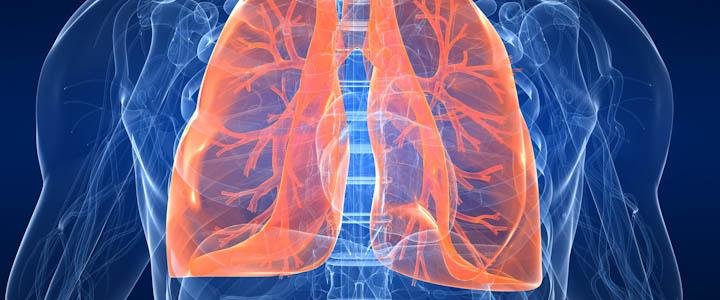
matters needing attention
In order to discover children's pneumonia in time, careful mothers should also pay attention to children's mental state. If the child is in a good mood, can play and loves to laugh while having a fever, coughing and wheezing, the possibility of suffering from pneumonia is very small. On the contrary, the child's poor mental state, blue lips, irritability, crying or sleeping, wind, a small number of children can appear delirium, which means that the child is more seriously ill, more likely to get pneumonia. In the early stage of pneumonia, the child may not have obvious mental changes, or may not be in a good mental state. Pneumonia will significantly reduce appetite, children with pneumonia, do not eat, or a milk on crying restless. If the child has been diagnosed with pneumonia, should continue feeding, feeding, drink more soup food, if the child appetite loss, should be a small number of meals, breast-feeding infants should increase the number of times a day to enhance nutrition and physical strength.

